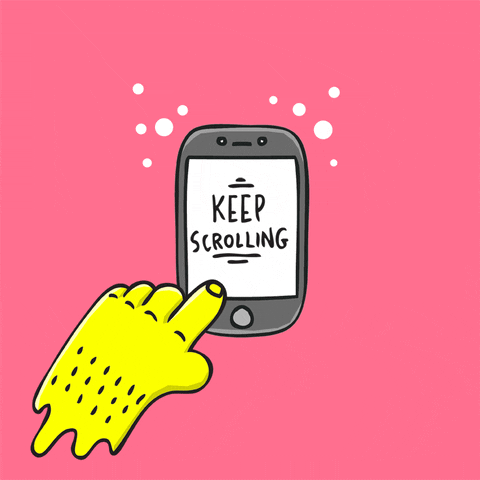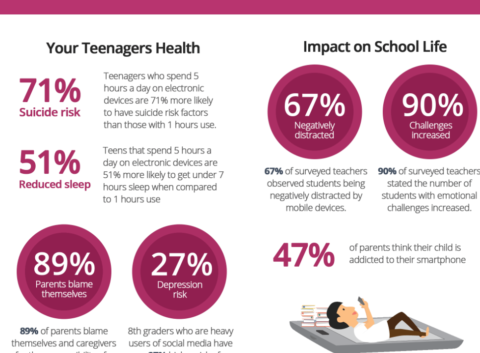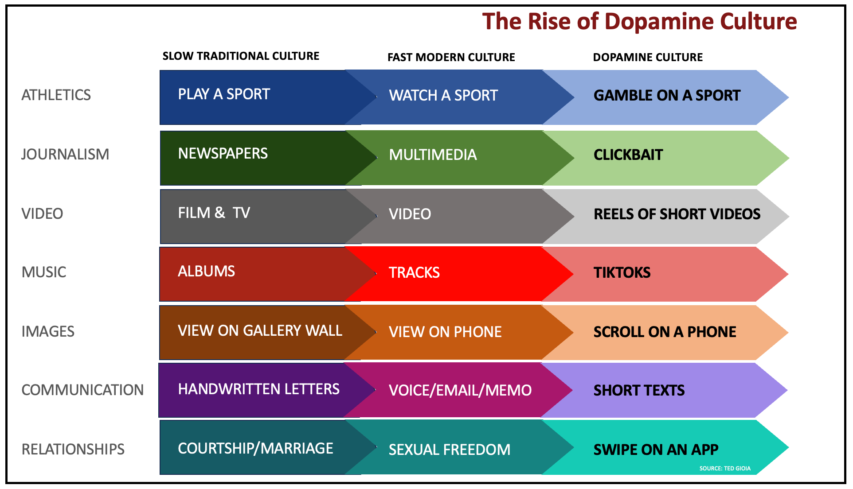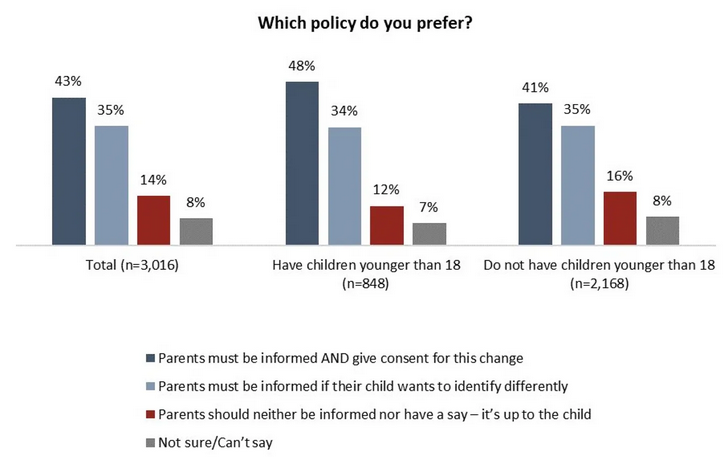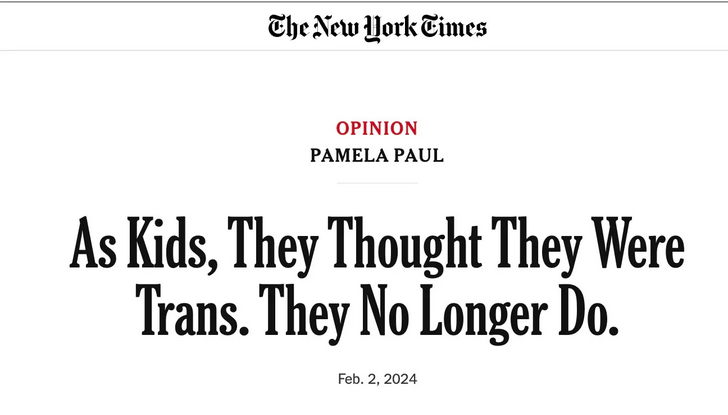Andrew Doyle outlines the exposure of internal communications from the World Professional Association for Transgender Health (WPATH) showing some extremely concerning things about the organization and the political agenda of many of its members:
The ideological march through the medical institutions was rapid and unexpected. In recent years, we have seen leading paediatric specialists asserting that children who say they are “in the wrong body” must have their feelings immediately affirmed. We have been told that if a boy claims to be a girl, or vice versa, they must be believed and fast-tracked onto a pathway to medicalisation: first puberty blockers, then cross-sex hormones, and in some cases irreversible surgery.
This worldwide medical scandal has disproportionately impacted gay, autistic, and gender non-conforming children. Where clinicians should have been looking out for the interests of the vulnerable, they have been encouraging them to proceed with experimental treatments. Few people would have imagined that mutilating children to ensure they better conform to gendered stereotypes would one day be considered progressive. But here we are.
Much of the responsibility must lie in the hands of WPATH (World Professional Association for Transgender Health), a US-based organisation established in 1979 that is recognised as the leading global authority in this area. WPATH has pushed for the normalisation of the “gender-affirming” approach, and its “Standards of Care” have formed the basis of policies throughout the western world, including in the NHS.
But in an explosive series of leaked files, the credibility of WPATH might now be irreparably shattered. Whistleblowers have provided author and journalist Michael Shellenberger with videos and messages from the WPATH internal chat system which suggest that the health professionals involved in recommending “gender-affirming” healthcare are aware that it is not scientifically or medically sound. A full report has been written by journalist Mia Hughes for the Environmental Progress think-tank. The title is as chilling as its contents: The WPATH Files: Pseudoscientific Surgical and Hormonal Experiments on Children, Adolescents, and Vulnerable Adults.
Some of the leaked internal messages are astonishing in their disregard for basic medical and ethical standards. For all that paediatric gender specialists have publicly stated that there is a consensus in favour of the “affirmative” model, that it is evidence-based, and that it is safer than a psychotherapeutic alternative, their private conversations would seem to suggest otherwise.
There are messages in the WPATH Files proving that surgeons and therapists are aware that a significant proportion of young people referred to gender clinicians suffer from mental health problems. Some specialists associated with WPATH are proceeding with treatment even for those who cannot realistically consent to it. After all, how could a pre-pubescent or even adolescent child fully grasp the concepts of lifelong sterility and the loss of sexual function? As one author of the WPATH “Standards of Care” acknowledges in a leaked message:
[It is] out of their developmental range to understand the extent to which some of these medical interventions are impacting them. They’ll say they understand, but then they’ll say something else that makes you think, oh, they didn’t really understand that they are going to have facial hair.
Or what about the endocrinologist who admits that “we’re often explaining these sorts of things to people who haven’t even had biology in high school yet”? And these are the very patients who have been approved for potentially irreversible procedures.




